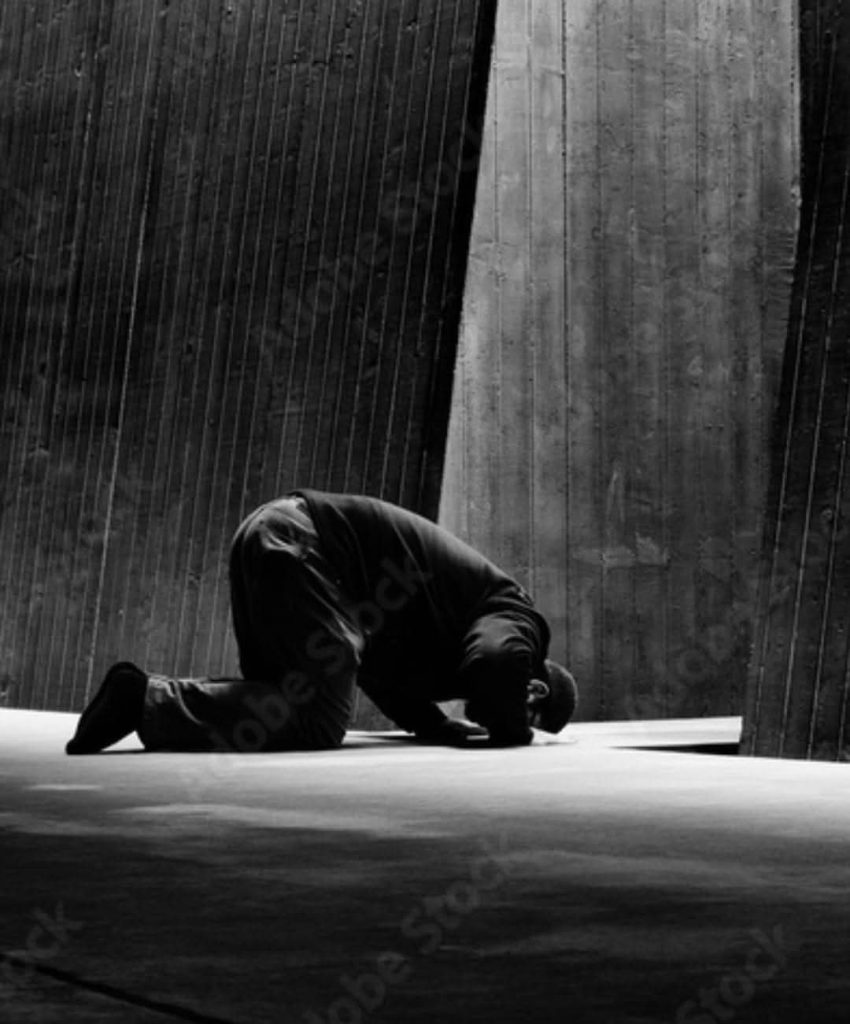Before the Final March
Dear Love,
The stars shine too brightly here tonight—
just like they did the night we met.
The sky is calm, almost too calm,
as if it’s holding its breath for the storm to barge in.
And yet I lie here in the open,
savouring the silence for the first… and maybe the last time,
wishing you were beside me.
Life never seemed so precious until today.
We received word—we might not win.
Still, I promise you:
we’ll give it our all, even if it means giving up our lives.
And yet, the air doesn’t feel heavy.
Maybe it’s because I’m too light.
I may not live to see tomorrow’s night.
So, forgive me for spending every last precious second thinking of you—
so close in my heart, yet so far in reach.
Are you awake now?
Are you under the same sky,
looking at the stars the way I’m looking through them—searching for you?
I wish I’d memorized you better.
Your soft brown waves, how they used to fall across your eyes,
the way your laughter lingered on your lips after I kissed you—
those are the only things I’ll carry with me,
beyond the end.
Funny how I’ve bled in battle,
but nothing hurts like bleeding on paper.
But this—this letter—is my soul, laid bare for you.
Be strong, my darling.
Even when I’m gone, I’ll live in these folded lines,
watching from the stars,
guarding your smile.
It’s raining now.
Does time ever feel guilty for all it steals from us?
Maybe even the sky wants me to say goodbye.
If there is a life after this,
I’ll find you—I promise.
And I’ll spend forever making up for this stolen time.
Take care of my better half—
I’m leaving it with you.
I will always be close.
Always.
Adieu, love.
The tears that stain this page—
they are the only ones I’ve ever shed.
Not from sorrow…
but from joy—
that I had you, even if only for a fleeting moment.
Yours always,
One Man Army
The Girl Who Never Died
The grey sky wept louder than any crowds ever could.
A blackened coffin lay still beneath the withering roses.
No one mourns her but silence itself — the only one who ever knew her.
I stand by the grave, a stranger in my own story.
The girl in the coffin looks like me — only softer, calmer, stilled.
A shroud of sorrow, regrets, and betrayals hugs her tight.
I weep without tears — trust me, she’s done it all her life.
Her eulogy speaks of dreams made of broken, bloodied wings.
How do you mourn someone who still breathes beneath your skin?
She never asked for much — only to be seen, loved, and understood.
In return, she gave it all: her softest heart, its steady beats made of trust,
hope, empathy, and so much more.
But they cracked her open like porcelain —
her shattered pieces bled until there was no more.
Yet her smile never faltered…
until the world quietly erased it too.
So I bury her with every ‘sorry’ I never received.
I know she forgave — until she forgot herself completely.
Her eyes remain open wide with trust.
Mine — hollow.
I reach for my past self’s hand — one last time,
as a flower blooms, sealing wounds that once gaped wide.
The Earth closes above her… and I open within.
She died unknown, unheard —
but I rise from her ashes, stronger than ever.
“I won’t forget you,
but I will not become you again.
Rest now, far from pain.”
That’s all I say,
before I walk away.
Where Silence Begins
The days slipped by—slowly, steadily,
like raindrops tracing forgotten paths down a glass,
and all I could do was watch.
Time, silent and sharp as frost,
unfurled its shadowed wings,
stealing all I held close—
moments, faces, laughter lost to wind—
until nothing remained
but this hollow ache.
Empty.
Alone.
Afraid.
I don’t fight anymore.
I am tired—bone-deep, soul-worn tired.
Weary, like the moon, hollowed by sleepless nights.
Maybe…
it’s time for rest.
Not sleep, but something softer—
eternal, gentle rest.
So—adieu, my dearests, my darlings.
This is not where the story ends.
We will meet again,
somewhere beyond the bend of time,
where stardust sings and silence cradles the broken whole.
But for now,
I must go.
Time beckons like a tide that will not wait.
Let not your tears fall for me—
they ache deeper than you know,
like salt on an open wound.
As I sail toward the golden light,
a hush fills the sky.
I turn for one last glance—
the world a blur through tear-stained lashes—
and bless them
with all I have left—
and more.
“Goodbye,” I whisper,
as my hand slips from theirs…
And I drift—
not falling, not flying—
just fading,
into the abyss.
Unknown.
Unspoken.
Unheard.
But never… unloved.



